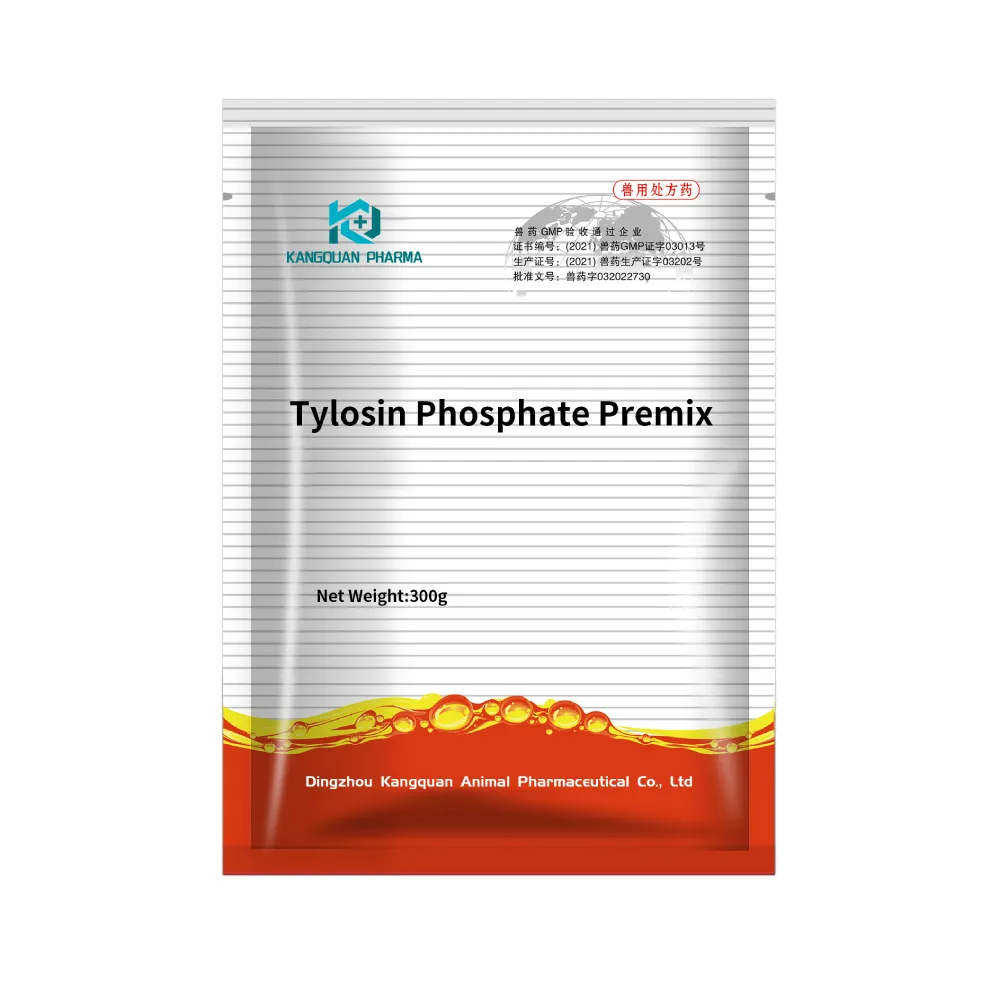- Afrikaans
- Albanian
- Amharic
- Arabic
- Armenian
- Azerbaijani
- Basque
- Belarusian
- Bengali
- Bosnian
- Bulgarian
- Catalan
- Cebuano
- Corsican
- Croatian
- Czech
- Danish
- Dutch
- English
- Esperanto
- Estonian
- Finnish
- French
- Frisian
- Galician
- Georgian
- German
- Greek
- Gujarati
- Haitian Creole
- hausa
- hawaiian
- Hebrew
- Hindi
- Miao
- Hungarian
- Icelandic
- igbo
- Indonesian
- irish
- Italian
- Japanese
- Javanese
- Kannada
- kazakh
- Khmer
- Rwandese
- Korean
- Kurdish
- Kyrgyz
- Lao
- Latin
- Latvian
- Lithuanian
- Luxembourgish
- Macedonian
- Malgashi
- Malay
- Malayalam
- Maltese
- Maori
- Marathi
- Mongolian
- Myanmar
- Nepali
- Norwegian
- Norwegian
- Occitan
- Pashto
- Persian
- Polish
- Portuguese
- Punjabi
- Romanian
- Russian
- Samoan
- Scottish Gaelic
- Serbian
- Sesotho
- Shona
- Sindhi
- Sinhala
- Slovak
- Slovenian
- Somali
- Spanish
- Sundanese
- Swahili
- Swedish
- Tagalog
- Tajik
- Tamil
- Tatar
- Telugu
- Thai
- Turkish
- Turkmen
- Ukrainian
- Urdu
- Uighur
- Uzbek
- Vietnamese
- Welsh
- Bantu
- Yiddish
- Yoruba
- Zulu
Nov . 18, 2024 05:37 Back to list
dexamethasone sodium phosphate 1 mg
Dexamethasone Sodium Phosphate A Comprehensive Overview
Dexamethasone sodium phosphate is a powerful synthetic glucocorticoid, widely used in various medical treatments due to its anti-inflammatory and immunosuppressive properties. Classified as a corticosteroid, this medication is commonly utilized to manage a range of conditions, including allergic reactions, autoimmune diseases, and certain types of cancer. The versatility and effectiveness of dexamethasone sodium phosphate make it a crucial component in modern medicine.
Mechanism of Action
Dexamethasone sodium phosphate functions by mimicking the effects of hormones produced by the adrenal glands. It binds to specific glucocorticoid receptors within the cells, leading to a cascade of reactions that suppresses inflammation and modulates immune responses. By decreasing the production of inflammatory mediators—such as prostaglandins and leukotrienes—dexamethasone reduces swelling, redness, and pain associated with inflammatory conditions.
The ability of dexamethasone sodium phosphate to inhibit the immune response is particularly valuable in conditions where the immune system erroneously attacks the body’s tissues. For instance, it is commonly used to manage autoimmune disorders like lupus and rheumatoid arthritis, where inflammation leads to joint damage. In cases of severe allergic reactions, such as anaphylaxis, this medication can help quickly control the body's overactive response.
Indications and Uses
Dexamethasone sodium phosphate is indicated for a variety of health issues. Some of its primary applications include
1. Allergies and Asthma It is effective in treating severe allergic reactions and controlling asthma exacerbations. 2. Autoimmune Diseases This medication is frequently prescribed for conditions like lupus, multiple sclerosis, and certain types of vasculitis, helping to mitigate the immune system's attack on the body. 3. Inflammatory Conditions Dexamethasone is often used to relieve inflammation associated with conditions such as arthritis, colitis, and dermatitis. 4. Cancer Treatment In oncology, dexamethasone is used as part of chemotherapeutic regimens to alleviate symptoms and manage side effects like nausea and vomiting. 5. Preventing Acute Mountain Sickness It can also be employed to prevent cerebral edema in high-altitude illness.
dexamethasone sodium phosphate 1 mg

Administration and Dosage
Dexamethasone sodium phosphate is available in several formulations, including oral tablets, injectable solutions, and eye drops. The dosage depends on the condition being treated, the severity of symptoms, and the patient's response to therapy. Physicians typically start with a higher dose, tapering down as symptoms improve.
Injectable forms are particularly beneficial for patients who require rapid action or those unable to take oral medications. However, like all medications, dexamethasone sodium phosphate must be used judiciously, considering potential side effects.
Side Effects and Precautions
While dexamethasone sodium phosphate is highly effective, it is not without risks. Common side effects include increased appetite, weight gain, insomnia, and mood changes. Long-term use can lead to more serious complications such as osteoporosis, diabetes, and adrenal suppression. It’s crucial for healthcare providers to monitor patients on prolonged corticosteroid therapy closely.
Patients are advised to communicate openly with their healthcare providers about any preexisting conditions, and they should never stop taking dexamethasone abruptly without consulting a physician, as this can lead to withdrawal symptoms and adrenal crisis.
Conclusion
Dexamethasone sodium phosphate remains a cornerstone in the management of numerous medical conditions, providing relief and improved quality of life for many patients. Its robust anti-inflammatory and immunosuppressive effects make it a vital tool for healthcare professionals. However, proper usage, patient education, and regular monitoring are essential to mitigate potential side effects and ensure effective treatment outcomes. As with any medication, a careful balance must be maintained between therapeutic benefits and the risks of adverse effects, emphasizing the importance of tailored treatment plans in individual patient care.
-
Guide to Oxytetracycline Injection
NewsMar.27,2025
-
Guide to Colistin Sulphate
NewsMar.27,2025
-
Gentamicin Sulfate: Uses, Price, And Key Information
NewsMar.27,2025
-
Enrofloxacin Injection: Uses, Price, And Supplier Information
NewsMar.27,2025
-
Dexamethasone Sodium Phosphate Injection: Uses, Price, And Key Information
NewsMar.27,2025
-
Albendazole Tablet: Uses, Dosage, Cost, And Key Information
NewsMar.27,2025













